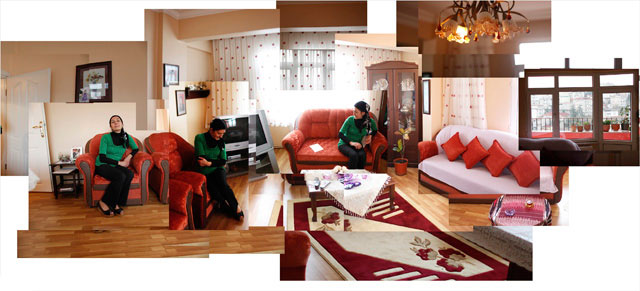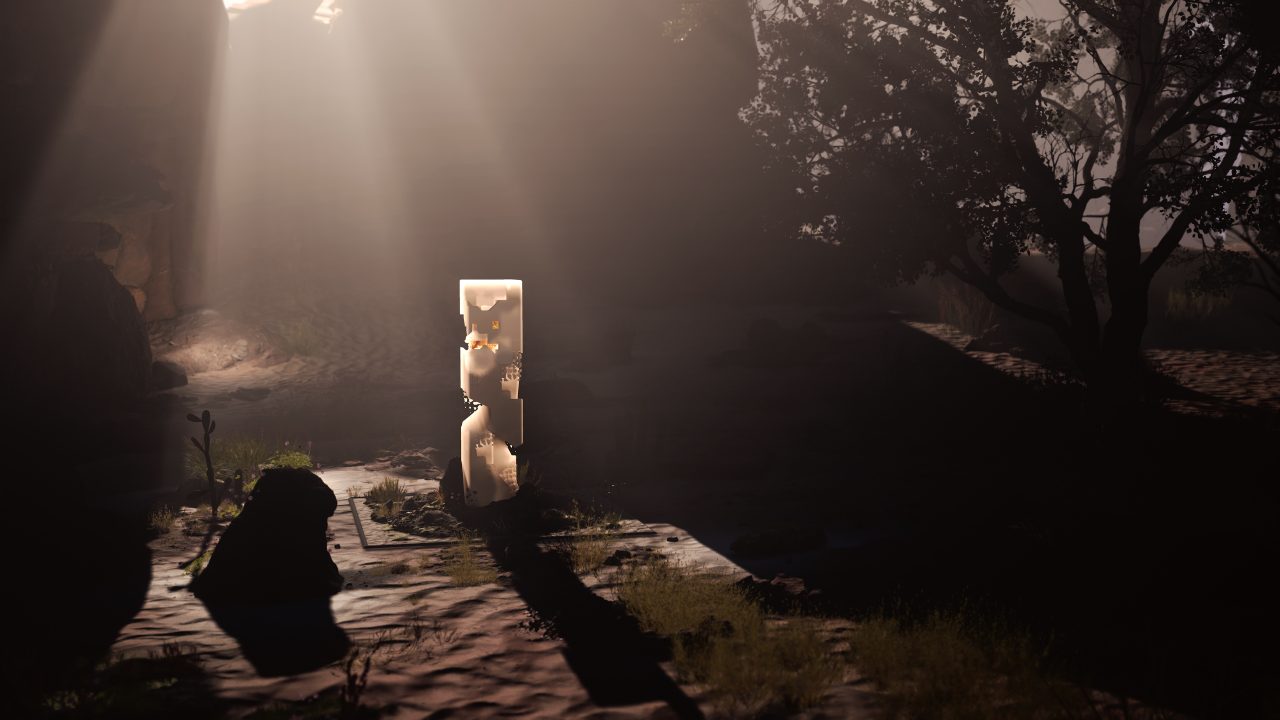
NFB Interactive…A rich resource for students to explore
NFB Interactive…A rich resource for students to explore
This post was written by guest blogger Carol Arcus, a former educator with the Toronto District School Board.
***
Watching HIGHRISE, I am reminded of Marshall McLuhan, who warned us about the downside of the global village: “When the whole world moves in next door, everyone becomes everyone else’s nosy neighbor.” Nosiness, or fervent, enlightened participation? I’m arguing for the upside of being a nosy neighbour.
Here is a rich opportunity to peep into the daily life of a laundry worker in, say, Bangalore, who caters to the 8% elite IT workers. This humbling, privileged “over the shoulder” perspective far exceeds travelogue clichés, and will spur class debate on the social advantages of the IT revolution.
Phnom Penh offers high-rise living as a form of liberation. Students can imagine and write the life story of this HIGHRISE episode narrator, or investigate the history and literature of Cambodia. (As digitally nosy as adolescents are in their Facebook world, they need to be led beyond their own context, to break down their preconceptions about the “others, over there…”.)
Extend that understanding through projects such as music, photographic and video essays, creative writing, urban planning research, and direct participation in the project itself. For specific ideas, go to the Educate link at the bottom of the page; this will take you to the Educators’ Guide—here you can browse a rich mix of short and long-term activities for Grades 7–12 that explore urbanization.
Waterlife has a similar tactile, invitational feel. Geography teachers could initiate seven different class projects on the Great Lakes just by asking students to click on “Water.” They could go straight to Action, and evaluate the work of Our Waterlife (a community group) in comparison to government institutions like Environment Canada. Class question: “How can a small community voice its concerns and then act upon them effectively?”
Flub and Utter: A Poetic Memoir of the Mouth inspires your writing students to plunge fearlessly into the primal, physical poetry of Jordan Scott. Scott’s struggle to articulate will boost the confidence of adolescent writers in overcoming their own creative challenges. You might try asking them to fragment the poetry, chopping it up and then re-configuring it, understanding that its randomness is anything but.
Here’s the challenge of these sites: they are perfect conduits to authentic, action-based learning. With rich material like this, we teachers need to think beyond obvious research, knowledge-based assignments. Waterlife, Suzuki’s The Test Tube, Flawed, HIGHRISE and the rest, all demand and deserve activities that push students to think critically and creatively about their roles as world citizens.



